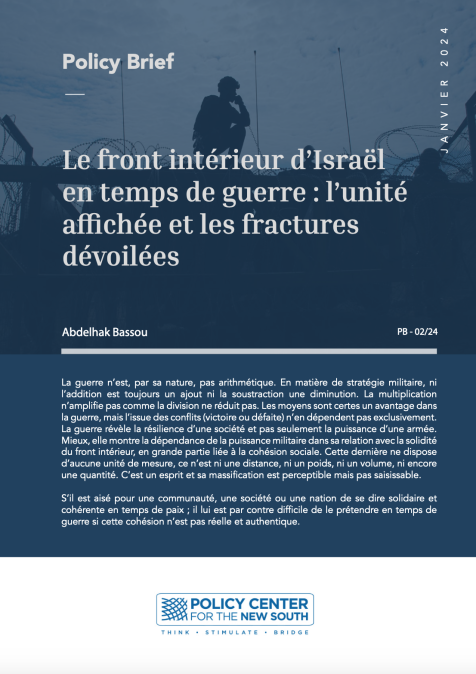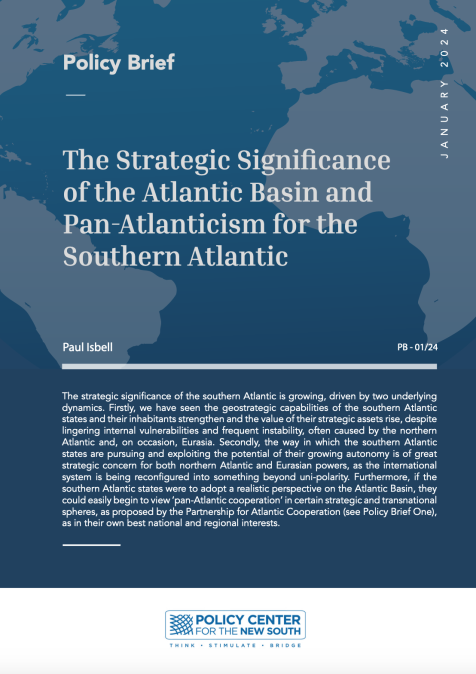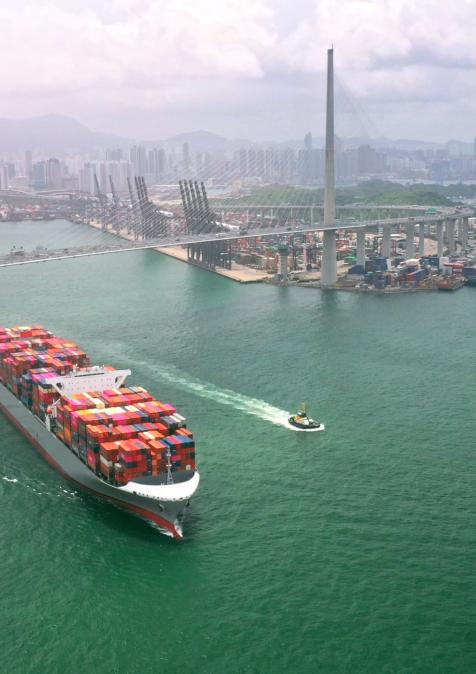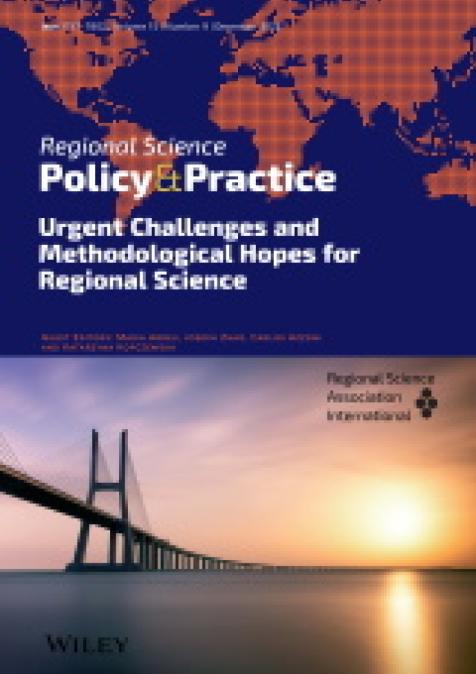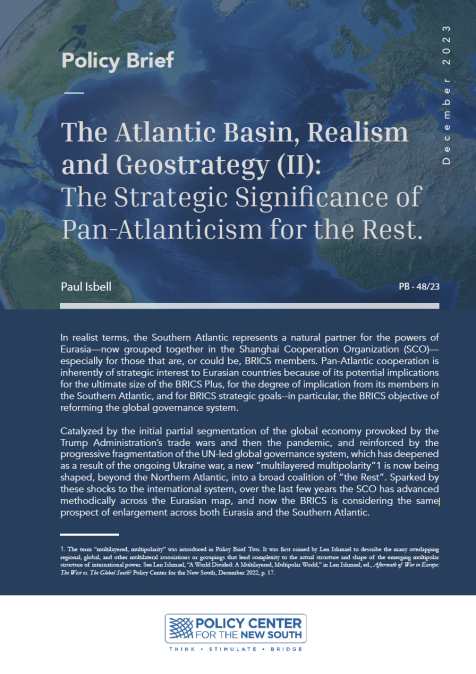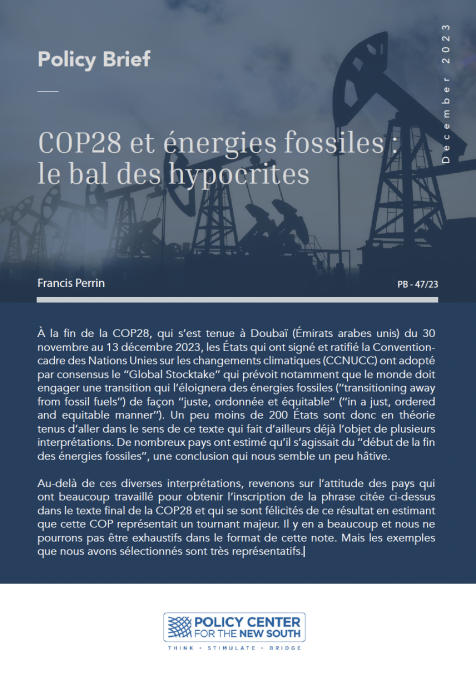In this mutating world, pressures on States’ stability have increased with war, pandemics and natural disasters, shaking the international system to the core. The resurgence of war in Europe has reshuffled the cards of world geopolitics. Energy shortages, inflation, amplification of populist narratives and an overall fragmentation are all exacerbated in a world recovering from a global pandemic.
The African continent and the Global South are particularly suffering from the slow restart of the post-pandemic economy and the ongoing conflicts in the West with far-reaching implications and repercussions. As exposed witnesses of the confrontation between Russia and Ukraine and of the ever-growing discordance between the United States and China, and as a region standing to be the most impacted by the compounded crises, states in the Global South are reviving the nonaligned movement. Are they in a position to advance their own views and secure their interests? In the aftermath of a pandemic and in the midst of War, the Global South could contribute to policy prescriptions regarding how to best to navigate the turbulence ahead. How can the Global South manage and mitigate worse effects, and turn the current crisis into an opportunity to engage in meaningful conversation around collaborative North-South efforts aimed at action, genuine partnerships, and cooperation?
Stakes are high. Cooperation on the global, regional, state and individual levels is the only way to cope and overcome these unprecedented challenges. As advocates for the Global South, the implementation of an enhanced and effective multilateral world order is one of the compasses that leads our action. The Atlantic Dialogues conference has always channeled this strong willingness of increased and reformed multilateralism by creating innovative spaces of dialogue between the North and South Atlantic. This conference is the opportunity to conceptualize the wider Atlantic and advocates for innovative and bold ideas for a peaceful, more balanced and prosperous future.



